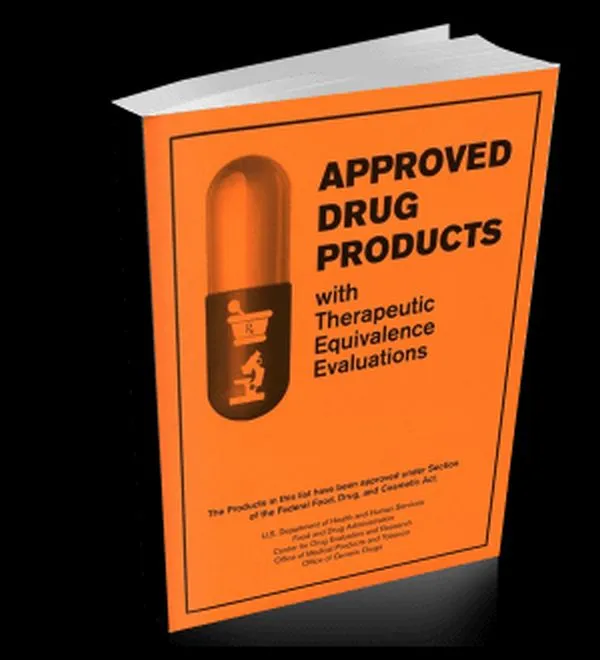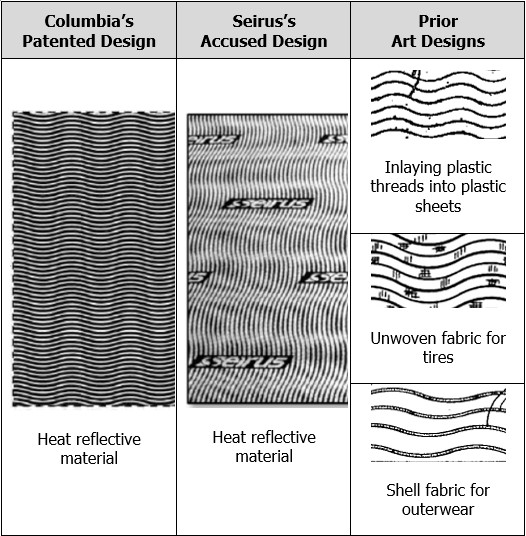Expansion to FTC’s Orange Book Campaign Leads to Calls for More Clarity from Pharmaceutical Industry
“The FTC acts as if the agency is being perfectly clear on what it’s subjecting companies to, but there’s never been a conversation around what it means for a patent to claim a drug product.” – Hans Sauer, BIO
On April 30, the Federal Trade Commission (FTC) announced that it was expanding its campaign against allegedly improper patent listings in the U.S. Food & Drug Administration’s (FDA) Orange Book. In letters to 10 pharmaceutical companies, the FTC disputed the relevancy of more than 300 patents protecting aspects of drugs that have received market approval from the FDA. While the FTC claims that such action is necessary to improve Americans’ access to affordable prescription drugs, pharmaceutical industry representatives have questioned the propriety of this enforcement campaign given two decades of requests from industry stakeholders for greater clarity on Orange Book listings.
FTC’s Warning Letters Targets Orange Book Patents Claiming Drug Delivery Devices
In both this recent round of warning letters and another series delivered last November challenging more than 100 Orange Book listings, the FTC focused primarily on patent listings related to drug delivery devices including inhalers, nasal spray devices and autoinjectors. While Novo Nordisk’s injectable Type 2 diabetes treatment Ozempic is perhaps the biggest blockbuster drug included in the FTC’s recent expansion to its Orange Book campaign, other warning letters have been sent to:
- Teva Pharmaceutical Industries for 10 patents each related to AirDuo Respiclick and ArmonAir Respiclick, and 19 patents each related to AirDuo Digihaler and ArmonAir Digihaler.
- GlaxoSmithKline IP Development for four patents related to Anoro Ellipta and two patents related to Trelegy Ellipta.
- Glaxo Group for three patents related to Incruse Ellipta and two patents related to Breo Ellipta.
- Boehringer Ingelheim Pharmaceuticals for five patents related to Striverdi Respimat and five patents related to Stiolto Respimat.
- AstraZeneca for eight patents related to Bydureon Pen.
- Novartis Pharmaceuticals for one patent each related to Seebri and Utibron.
- Covis Pharma GmbH for one patent each related to Tudorza Pressair and Duaklir Pressair.
- Norton (Waterford) for two patents related to QVR Redihaler.
- Amphastar Pharmaceuticals for one patent related to Baqsimi.
In its warning letter, Novo Nordisk faces a challenge to 17 patents related to Ozempic and Saxenda, along with two patents related to Victoza. Calling these listings “junk patent filings,” the FTC insists that these pharmaceutical companies are engaging in illegal tactics to force American consumers to pay improperly inflated drug costs. “It is the responsibility of branded drug manufacturers to ensure that Orange Book submissions contain information only on the types of patents for which information should be submitted to FDA,” according to FDA Commissioner Robert M. Califf, M.D., as quoted in the FTC’s press release.
Lack of Clarity on Orange Book Criteria Exists 20 Years After Formal Industry Requests
From the perspective of the pharmaceutical industry, this responsibility is difficult to meet at best due to a lack of clarity from federal agencies on the criteria for proper Orange Book patent listings. Pharmaceutical companies receiving FDA approval for a new drug application (NDA) are required to submit to the FDA a list of patents covering the drug product under Section 505(b)(1) of the Federal Food, Drug, and Cosmetic Act (FD&C Act), codified at 21 U.S.C. § 355(b)(1). FDA regulations codified at 21 CFR § 314.53 indicate that NDA holders must submit information on any patented active ingredients, formulations and compositions, or methods of use that could conceivably include devices for drug delivery.
Studies issued by the U.S. federal government, however, underscore the long-felt need of the pharmaceutical industry for stronger guidelines as to which patents should be included in the FDA’s Orange Book. In March 2023, the U.S. Government Accountability Office (GAO) issued a study requested by relevant Congressional committee leadership, including Senate Health, Education, Labor, and Pensions Chair Bernie Sanders (I-VT), regarding stakeholder views on improving the FDA’s patent information. This GAO report identified a majority of stakeholders, including generic drug companies, that faulted the FDA’s lack of clarity on device-related patent listings in the Orange Book for creating industry confusion on the subject. Formal requests for an FDA advisory opinion on such criteria date back to 2005, which, according to the GAO study, the FDA finally denied in June 2020 with a Federal Register notice creating a public comment docket regarding Orange Book patent listings.
“In the absence of the FDA doing its job, we now have other actors filling a legal vacuum with their own theories,” said Hans Sauer, Deputy General Counsel of IP for the Biotechnology Innovation Organization (BIO). Pushing back on the FTC’s characterization of the challenged patents, Sauer noted that the patents themselves remain enforceable even if removed from the Orange Book. He added that the FTC’s efforts to delist Orange Book patents likely creates issues for generic drugmakers who need notice of patents protecting market-approved drugs. “The Hatch-Waxman system benefits generic companies, providing a 30-month safe zone for litigating patents before a generic is approved and launched,” Sauer said.
Although the FTC’s November letter campaign did lead a few NDA holders to delist patents from the Orange Book, including BIO member GlaxoSmithKline, Sauer indicated that the impact of the FTC’s action has been limited. “The FTC acts as if the agency is being perfectly clear on what it’s subjecting companies to, but there’s never been a conversation around what it means for a patent to claim a drug product,” Sauer said, adding that the FTC has been more interested in enforcement than having that conversation.
Other industry organizations point out that the FTC’s Orange Book campaign fails to address the real challenges driving up prescription drug prices for American consumers. “It’s pharmacy benefit managers (PBMs) and insurers – not patents – blocking competition and driving up costs,” said Megan Van Etten, spokesperson for the Pharmaceutical Researchers and Manufacturers of America (PhRMA). “We’re disappointed to see the FTC characterizing companies as acting inappropriately rather than encouraging FDA to provide the clarity industry needs to ensure compliance.”
Steve Brachmann
Steve Brachmann is a graduate of the University at Buffalo School of Law, having earned his Juris Doctor in May 2022 and served as the President of the Intellectual Property […see more]







